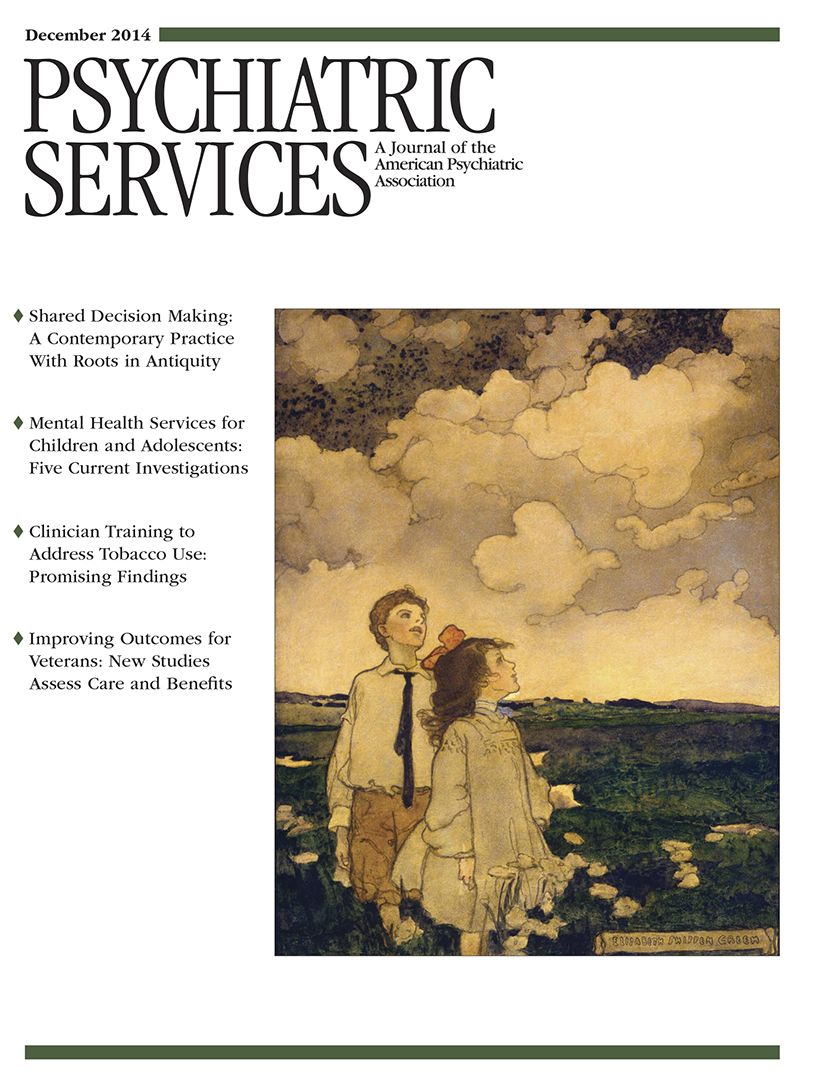Crime of Privilege
Never one to turn down a good murder mystery, I was happy to find Crime of Privilege in my mailbox earlier this summer. As the title suggests, the novel is more than a whodunit. Author Walter Walker has (to use the words of his own disclaimer) “invented” the Gregorys, a wealthy Massachusetts family led by Senator Ned Gregory, a champion of liberal causes who summers at the family’s Cape Cod compound known for excessive parties and ill-behaved young nephews. Walker captures the elites-versus-locals tension admirably as he weaves a tale of intrigue that raises questions about who is loyal to whom and how much influence money and status can wield.
The storytelling is riveting, making the book hard to put down as local assistant district attorney George Becket criss-crosses three continents in search of a murderer as well as his own redemption. For, as it turns out, George is not completely innocent, having accepted patronage from the Gregory family in exchange for his silence regarding the violation of a young college girl at the hands of the Gregory nephews several years back. As the story develops, George struggles with his adolescent decision making and the impact it has had on his life. When a father comes to him, asking him to investigate the death of his daughter and implicating the Gregory nephews, George is driven to ask the questions that the star-struck local police and prosecutors have been willing to bury. The more he looks, the more the Gregorys seem to be hiding and the more George sees how justice can be influenced. Untangling the who, what, when, and why makes for fun reading, but Walker also succeeds in raising unsettling questions about how justice in America can be a relative concept when wealth and power are involved. All things considered, Crime of Privilege makes a highly worthwhile summer read.



